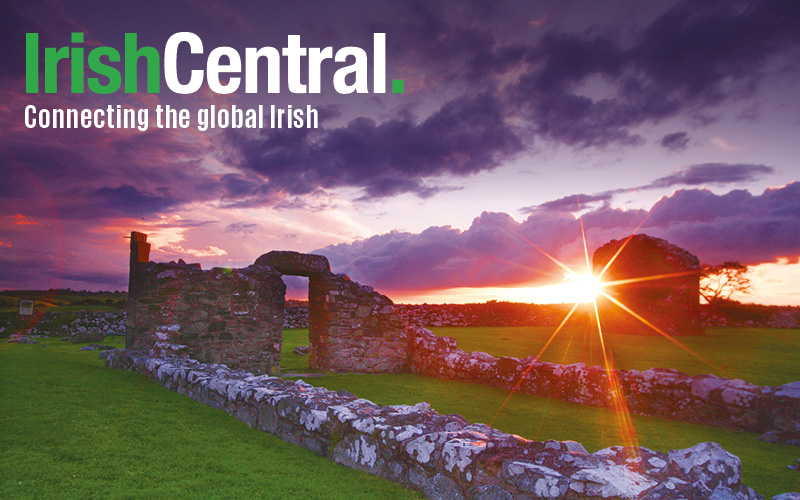So this marks my third solid week of being a weekday pescetarian, which begs the immediate questions, what the hell is that, and is it contagious? A weekday pescetarian, as defined by me, probably the only person actually practicing this diet, is someone who doesn’t eat meat during the week, but who will eat seafood anytime. A vegetarian who will eat fish. But only Monday through Friday. Come the weekend, I’m all carnivore.
This is weird, I know. I’ve gotten a few odd looks, but mostly I try not to make it a big deal, because that would be pretentious and irritating. It’s an arbitrary rule I’m imposing on myself – though I broke it once for Chinese chicken and broccoli, and am prepared to break it if at another person’s home and am served meat, or if I’m offered pretty much any free food. I am eating far less meat than I was before, and even on the weekends, I don’t feel the need to go running for the nearest cheeseburger. But why does that matter?
A few weeks ago, I was slurping up a Weight Watchers frozen lunch that I had heated in the microwave, contemplating the incredibly long and mostly unidentifiable list of ingredients in my Szechuan style beef and noodles, and the fact that they were now paired with the chemicals that leached from the flimsy plastic container into my food in the microwave. As I chewed on a tough piece of what passes for Weight Watchers beef, I had the distinct thought: “I’m chewing on muscle.” It felt gross. And this from a girl who orders everything medium rare.
I knew that I was eating over-processed meat product that came from an animal who did not live a pleasant life or die a pleasant death, that was infused with the cheap garbage factory farmers feed their livestock and the stress hormones that cattle emit when they are subjected to painful and messy deaths. For some people, this would be the moment of turning vegan. I had tried that before once, cold turkey. (Or, cold tofurkey, really.) It didn’t even occur to me that I broke my three-day no-animal-product stretch by tossing feta cheese onto my salad until after I had eaten it, and I realized how expensive and difficult it would be to keep up a vegan diet.
Aside from the expense and effort, though, I couldn’t stay a vegan, or a strict vegetarian, without feeling like I was betraying part of my upbringing, my Irish and English heritage, and my father’s legacy – not minor considerations. I grew up eating the meat-and-potatoes staples that my mom cooked and the Italian-inspired culinary creations of my dad, a hobby cook who loved to feed his family indulgent and delicious meals.
How could I never replicate for my own future children my mom’s perfect pot roast or my dad’s famous chicken marsala? How could I tell my friends that my specialty dish was no longer penne with vodka sauce from scratch, but some crappy vegan substitute? Not to mention my dreams to continue traveling and fully experience other food cultures, or my undying love for milkshakes?
From a Catholic perspective, there's nothing wrong with eating meat, but there is something wrong with unnecessary excess. How necessary is meat? I can afford to eat other things and contribute a bit less to the factory farming industry. Catholicism encourages us to take responsibility for our actions, and that should extend to how our lives affect the environment and the global economy. If everyone ate a few fewer meat-centric meals a week, the demand for cheap meat would decline and factory farming would be less necessary.
My half measures won't save the planet. Some would point out that over-processed fake meat soy products are worse than a slab of ethically raised, organic, hormone-free, grass-fed filet mignon, in both health and environmental impact. That's a valid point, and the reason why I'll allow myself to eat meat on the weekends and at special occasions. I'm not here to preach, but I do think that everyone could stand to think a bit more about their diets. We weren't put on this earth to do anything mindlessly, and that includes eating.




Comments